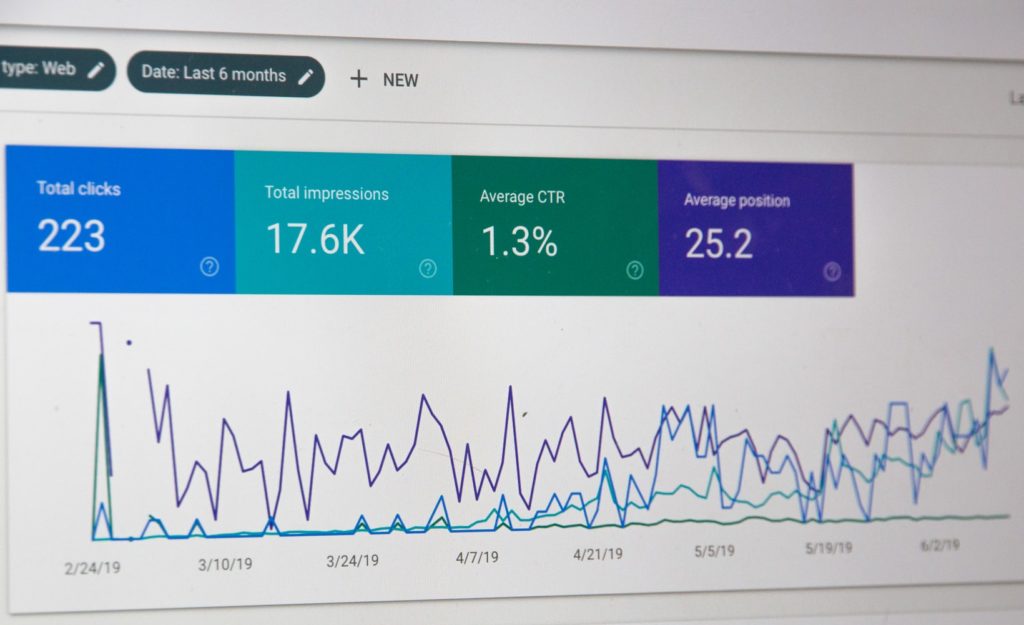Author: Alina Burakova
Own a website and want to boost its rankings?
Well, you can do that and more with the help of local URLs! When it comes to driving conversion and ranking, localised URLs are super important.
Several people use search engines to find local businesses. Local URLs help with increasing your presence locally and gaining THAT share of the market. Moreover, you can achieve a higher rank in your local Search Engine Results Pages (SERPs).
To achieve success in terms of ranking and better domain authority, you need to localise your landing page. Moreover, you have to localise the URL. Let’s see how you can increase the conversion rates with the help of Local URLs and why they are so important.

Local URLs
If your landing page is city-specific, it ensures that your customers find you when they search for local businesses!
It gets better, local URLs let Google know that you WANT to be visible in this particular location. By creating several local URLs, you can target mulitple specific areas.
URL – Country Level
You can be a multinational organisation, but still want to provide your users with an experience that is regionally-appropriate. You should use local URLs that are of a country level.
If you place specific keywords after the URL, which focus on the local region that you are targeting, you will be able to reach out to the audience in that particular area.
Country-Specific Domains
Most of the time, organizations buy domains that have a country name as the extension of the URL. If the domain name isn’t available with the country’s extension, you can use the location of the business itself as the extension to the URL. In this way, you take the optimisation up a level.
You can also combine these approaches and end up with a practical solution that provides you with the benefits of both approaches. Moreover, you can use the location within the local URL as well as an extension of the URL.
This all depends on the type of audience that you want to target. Moreover, it also depends on the availability of the domain name. Furthermore, it depends on the kind of resources you are willing to spare.
If you add the location to the URL, it helps Google in matching your website with the search queries that it gets on a local level. This leads to more conversions and increased traffic.
That’s what we are want, right?
Creating Local Content for your Local SEO Marketing Strategy
Local content and local URLs work hand in hand. Once you are finished localising your URLs, you have to ensure that the content that is being displayed on the website is perfect and suitable for the region. If you keep the content relevant and current, you are more likely to get conversions.

Local URLs Hierarchy
1. Country Level Hierarchy
In case you are an international organisation, you would like your URLs to be localized in a country level hierarchy. You need to assess what your business offers for each country. After this, you can localise your URLs accordingly!
We have already mentioned the method of adding the country extension to the URL. However, that is not the only way of localising your website. You can add drop-down menus on the home page that will allow the users to choose the country.
Then, you can redirect them to the page where the services they are looking for will be provided. Moreover, you can also use the IP addresses of the user to locate their region automatically and cater to their needs.
Most of the time, when you open an e-commerce website, you will see that the prices of the products are displayed in the local currency. This is automatic localisation of URLs!
2. City Level Hierarchy
If your organisation is based in one country, but you’re spread across various cities, what to do?
In this case, you have to organise and localise the URLs by city and region.
All you need to do is to pick the locations that you want to put your focus on. Then, you can create localised URLs for them.
If the region is subdivided into further regions, you can localise the URL for each subdivision. However, make sure that you don’t keyword stuff by putting all the locations in one place, such as the bottom of the page.
Even though you’d be tempted to do so, it’s considered over-optimisation if you place simple raw lists of links that are rich in keywords. The content of your website and the core message of your services will remain the same; it will just be localised to help you increase your domain authority.
3. Localisation of URLs – Language Based
If you’re Spanish, it is highly unlikely that you would visit a website that’s in Japanese, right?
If you don’t localise your URLs as per the requirements of language, you will fail to get a good ranking, and the traffic to your website will decrease.
What you need to do is to provide the perfect content in the right language to a specific region.
Don’t get confused by multilingual and multilocation sites and services.
If you can combine these two concepts, your rankings will hit the roof! In some time of course, but quicker than usual.

Local URLs – Critical to Local Success
People visit sites with which they can relate, and localisation will help you do exactly that. There is no set definition of localisation. You can simply change the currency according to the region, or it can mean a change in the provision of select services in a particular region.
At the end of the day, all you need to know is that local URLs will help you increase the traffic and get better conversion rates in a simple yet efficient manner. You can use various online tools and services as well, to ensure that your website is localised in the proper way.
Here’s to an optimised website, Folks!
Writer’s Bio
Alina Burakova is a Search Engine Optimisation expert who has been providing quality services in the industry for several years. She also works professionally as a PrepScholar SAT prep review writer and helps people optimise their sites and get excellent conversions.

